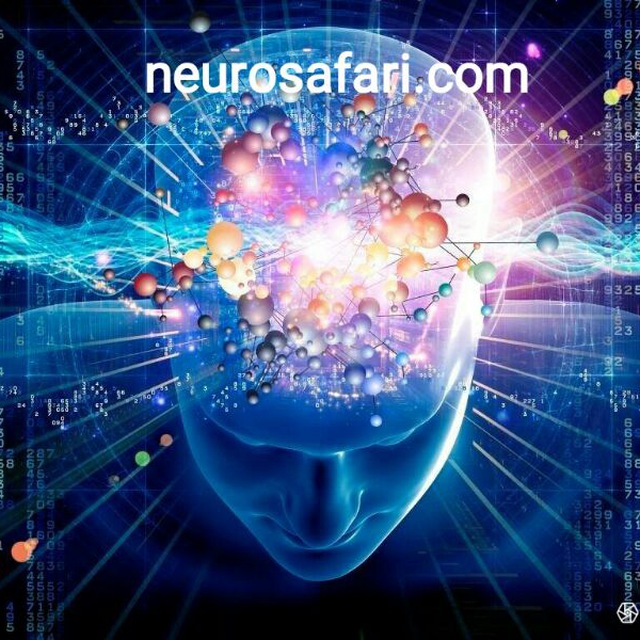More tendency of depression sufferers to “negative words and stimuli”/ new treatment goal in depression
Neurosafari A team of Texas scientists found by analyzing electrical brain waves that depressed people are more likely to be attracted to negative stimuli (information) than non-depressed people. Their new findings are published in the journal Biological Psychology.
According to Neurosafari, quoted by Psych Post, the author of this study, Justin Dinerbest from the University of Texas, explains that: “We knew that previous research showed a connection between mood and deciding whether one’s words are self-referential. referential) or not, and of course it seems that there are stable patterns in how the brain waves of people with severe depression react to this decision.
This field of research is moving toward data-driven psychology, and we continue to search for mechanisms that cause major depression. We think that it is important to repeat and advance this work to understand what symptoms and mechanisms are worth targeting in interventions.
Research design
Researchers used electroencephalography (EEG) to compare the brain activity of 22 adults with major depression to a control group of 24 healthy individuals. The participants saw positive and negative words on a computer screen and during a quick reaction, they decided whether this word described them or not.
To read the full article, refer to the following link:
https://goo.gl/oRchcD
Join the Neurosafari brain and neuroscience Telegram channel:
https://telegram.me/joinchat/CihxzDwTa19DOIUZRYLVjw
This post is written by neurosafari
